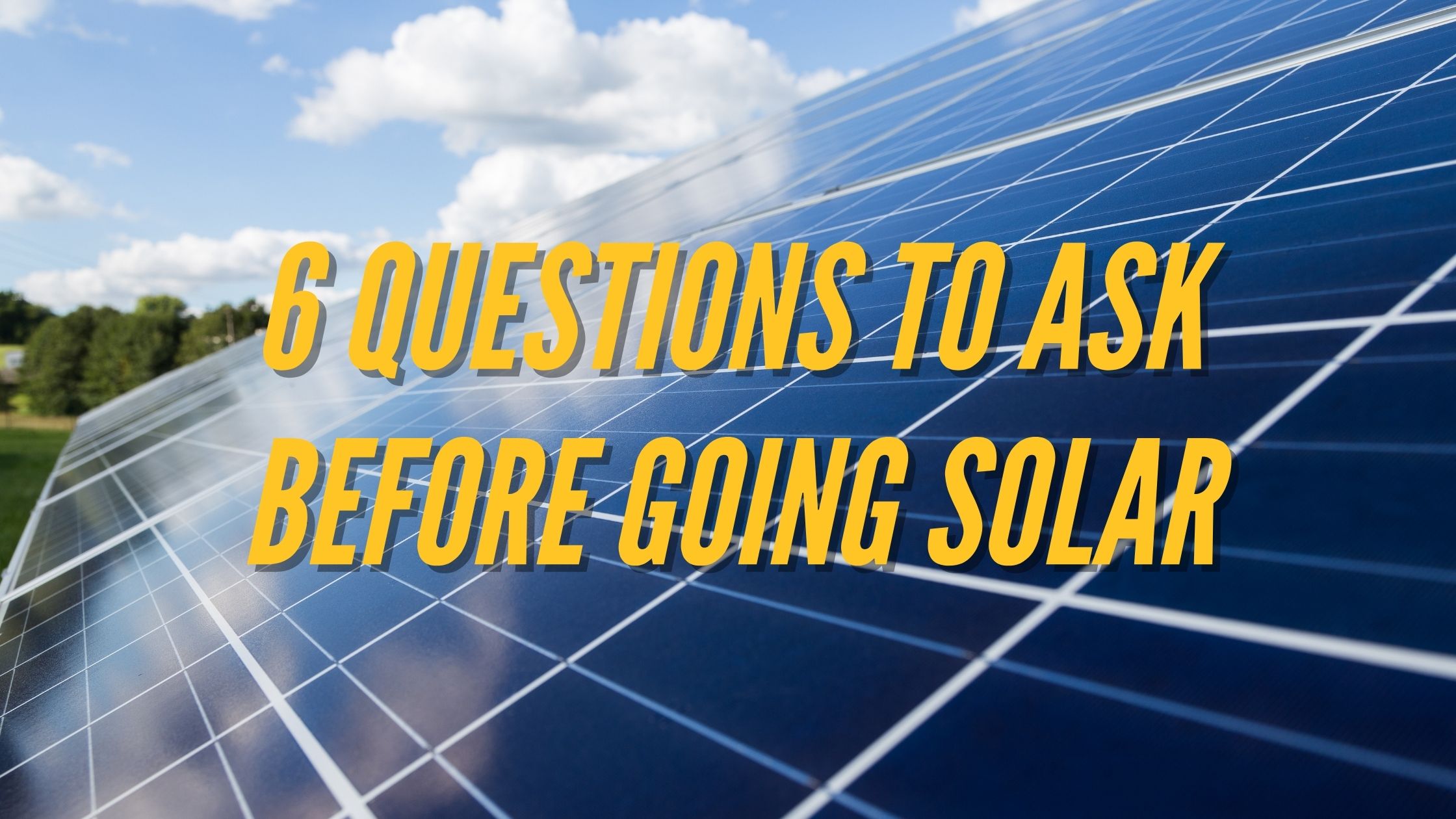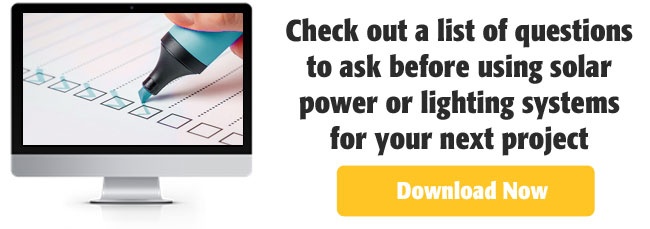
Contents
As with any investment, purchasing solar panels for your home is a decision that shouldn't be made lightly. You will need to consider many factors and avoid the numerous pitfalls. By hiring the right company and asking the right questions, you'll be able to benefit greatly from solar panels.
It is important to decide if having solar panels installed on your house is the right decision for your situation wants and needs. Solar panels offer many impressive benefits, but there are other factors to consider. We take a look at what questions you should ask before you make the switch, and the pitfalls to avoid.
1. Is the company and brand of solar panels you’re considering reputable?
You should ask the companies if they use a reputable brand of solar panels. If you can't find much information about the brand or manufacturer, then you shouldn't use those particular types of solar panels. The solar company you go through should have fully trained employees, with skilled technicians and installers to help you with the process.
Don’t be afraid to ask how long the company has been in the business. An established company that has served many customers with a portfolio of work and testimonials tends to be a company that you’re able to trust and rely on. Years of satisfied customers means good work and a reputable company will be more than willing to show off their good work and previous clientele.
In the solar business, there are unfortunately many people trying to sell cheaply made solar panels and rip customers off. Opting for a cheaper solution or a company that doesn’t appear reputable will only lead to inexperienced installers doing the job for you, additional and costly repairs, and a service that won’t follow up on you and the product after it’s installed.
By concentrating on quality above anything else and working with the right company, you’ll be able to determine whether solar panels is a good investment for your home and avoid costly mistakes.
2. Should you lease or buy solar panels?
Depending on your goals, the difference between purchasing your own solar panels and leasing can vary dramatically. Because every homeowner has different goals, the “right” payment option for each person can change.
Whilst the initial cost of purchasing solar panels yourself can be expensive, most homeowners prefer to do so. The ongoing savings on power bills solar panels offer to ensure the initial expensive of them are paid off in 10 years, depending on the home. Cash rebates can also reduce the cost of the system by 10%-50% and with government incentives in place, tends to be the better option for most people.
For those that choose to lease solar panels, the long-term financial benefits will be less than those of purchasing. The advantage though is that the upfront costs are lower and any maintenance or repairs become the responsibility of the leasing company, not you. Lease terms are generally for 20 years but some can range from 10-20. To find out what option is best for you, it’s best to speak with the solar power company about your specific situation.
3. Does the cost outweigh the benefits?
There is no point in investing in something that doesn’t serve you and so weighing up the cost and benefits is crucial. For homeowners that haven’t yet experienced the benefits of solar power firsthand, making the switch can be fairly daunting with the costs involved.
On the bright side though, (pun intended) the savings through solar power are significant – not to mention the environmental impact it has too. Over the last few years, everyone has fallen victim to the ongoing utility costs on the rise and we’re all looking for ways to cut down on how much we spend. Installing solar powers and taking advantage of the sun’s energy is one of the best ways to do this.
Government incentives and tax breaks sweeten the deal for homeowners wanting solar a little more, the system and panels add value to your home, and sustainable energy is a growing and beneficial industry. Whilst the initial cost can seem like a disadvantage, solar power systems are one investment that will pay off and give years of enjoyment. Always ask your solar company to go through the individual costs with you. You can bring a copy of the last few utility bills too to determine if the cost will really outweigh the benefits in your home.
4. What is the type of panel mounting system that’ll be used?
Understanding the type of panel mounting system for your home, and the materials it’s made of will ensure you’re getting a durable system. Look for mounting systems that are made from either stainless steel or aluminum.
When solar panels are installed, the mounting system is what balances everything and holds it into place. Check with the company whether roof mounts, ground mounts, or pole mounts would be best for your home and how this can impact the system quality and price. The most common style of system mounting is on the roof and this is held together by metal brackets between the solar panels and roof to ensure the panels do not overheat.
5. Will you be able to produce enough power in your location?
The biggest advantage of solar power is that it relies on the sun for its power source, making it absolutely free. But, this would be pretty useless if your sun gets little to no sun right? Cloudy days can be an issue and locations that suffer all year round winters can be very indecisive about making the switch.
To accommodate for the lack of sun, a large number of solar powers can be needed to produce greater amounts of electricity. This can require more roof space and money so it’s best to check with your company if this will affect you. If you’re unsure, ask a reputable solar power company. Most companies will come to your home and conduct a site examination, including shade analysis which helps to determine whether solar is the best solution for you.
6. How long will the solar panels last?
No homeowner wants to fork out money for an investment that won’t last the distance. This is why choosing a company that is reputable and trustworthy, and that uses quality a product is of the utmost importance.
The lifespan of solar panels depends on several factors including the quality of the materials, and the specific manufacturer. Look for products that come with a long warranty, and this shows the manufactures commitment and belief in the product. Companies that offer only a few years warranty on their products are best to stay away from, you should be looking at least 10 years. A durable and reliable solar panel inverter and mounting system will last the distance.
Author Bio: This article is written by Aidan Jenkins, Managing Director of Infinite Energy, Australia’s market leader in quality solar power systems.

